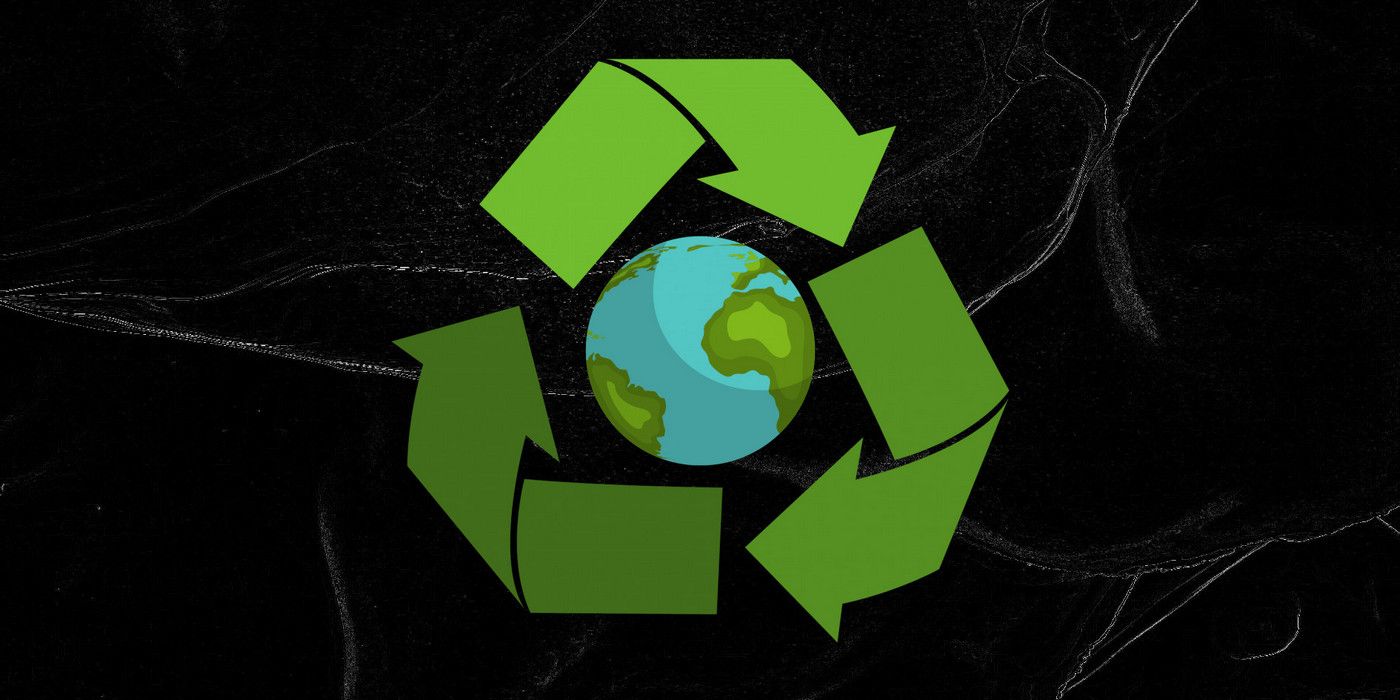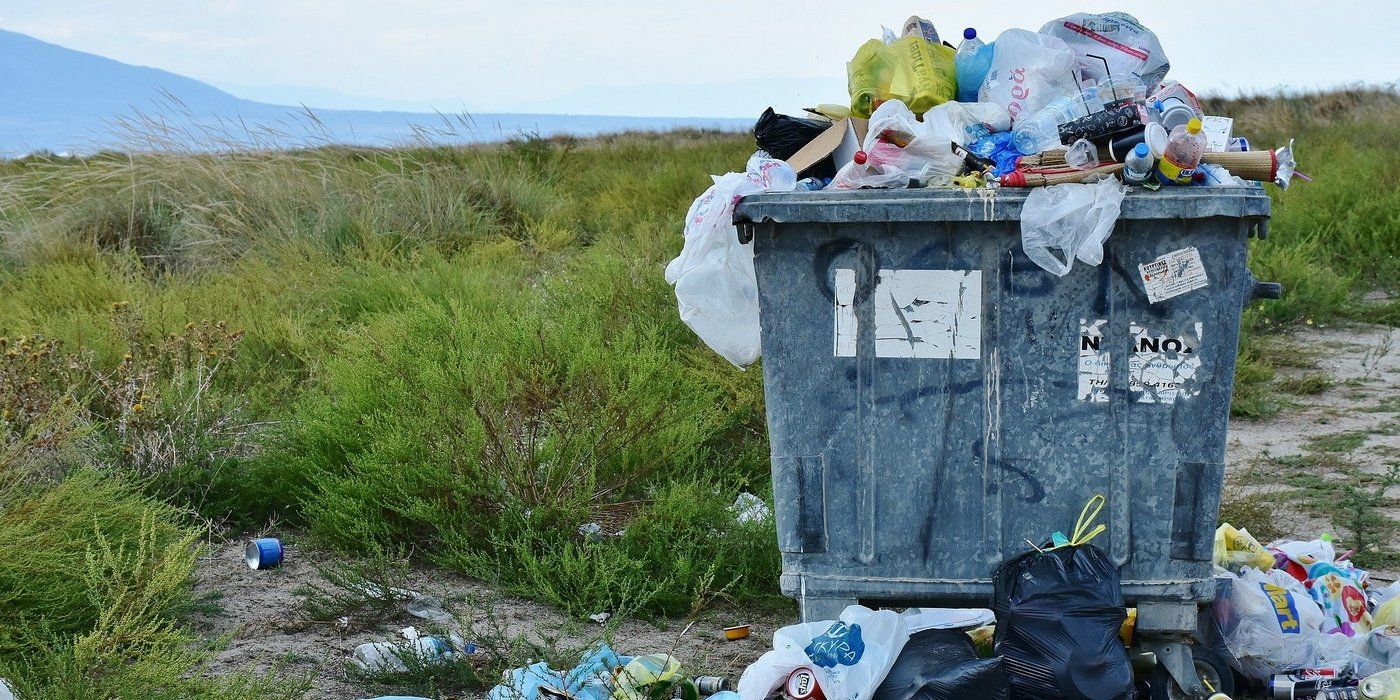As the world's plastic waste problem keeps growing with every passing year, a revolutionary new technology from Honewell International now promises to mitigate at least a part of the problem by recycling plastic trash to produce high-quality oil. The ubiquity of plastic has created an environmental nightmare, with an estimated 1.15 to 2.41 million tonnes of plastic ending up in the oceans every year, killing marine life and adversely affecting global ecology.
While the destructive aspects of plastic are well known, people's insatiable appetite for the material remains undiminished. As a result, it is creating a massive ecological disaster with many of the use-and-throw plastic containers, bottles and packing materials ending up in large masses of floating trash in oceans. The most notorious of these patches is the Great Pacific Garbage Patch, which has a surface area twice the size of Texas.
Honeywell International, a company that produces chemicals and aircraft parts, has announced that it has struck a deal with Spanish infrastructure firm Sacyr SA to commercialize its new plastic recycling technology. According to an official press release from Honeywell, the Upcycle Process Technology will enable the recycling of mixed, low-grade plastic to produce Honeywell Recycled Polymer Feedstock, which can then be used to create new plastics. The cycle can reportedly be repeated an infinite number of times, which the company believes will help address at least a part of the global plastic waste problem. The first such plant set up by Sacyr will recycle at least 30,000 metric tons of plastic trash every year.
The New Tech Will Have Environmental Benefits
Honeywell further claims that recycled plastics produced via its UpCycle Process Technology will have several environmental and ecological benefits. First off, it will reduce CO2-equivalent (CO2e) emissions by up to 57 percent compared to the production process for the same amount of virgin plastic from fossil feeds. The company also cites a study published by AMI International in September 2020 to claim that the new technology could help recycle an additional five to 15 million tons of plastic per year by 2030. Additionally, the company says that the latest tech can also increase the amount of recyclable plastic waste to 90 percent by expanding the types of plastic that can be recycled.
In an interview with Bloomberg, Gavin Towler, the chief technology officer at Honeywell's Performance Materials & Technologies unit, said that the basis of the new recycling process is the company's decades of research that has helped it weed out impurities in hydrocarbons to create fuel and plastics. The company is now combining that tried-and-tested technology with automated systems to sort through plastic trash and remove unwanted materials. "We can handle mixed plastic waste (and) make it into high-quality oil," he said.
Source: The Ocean Cleanup, Honeywell, Bloomberg, Wikipedia


